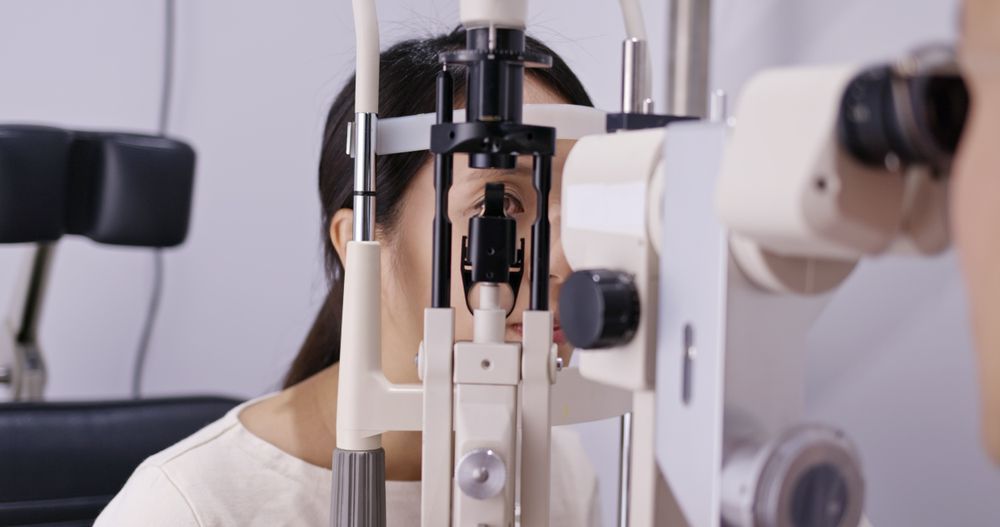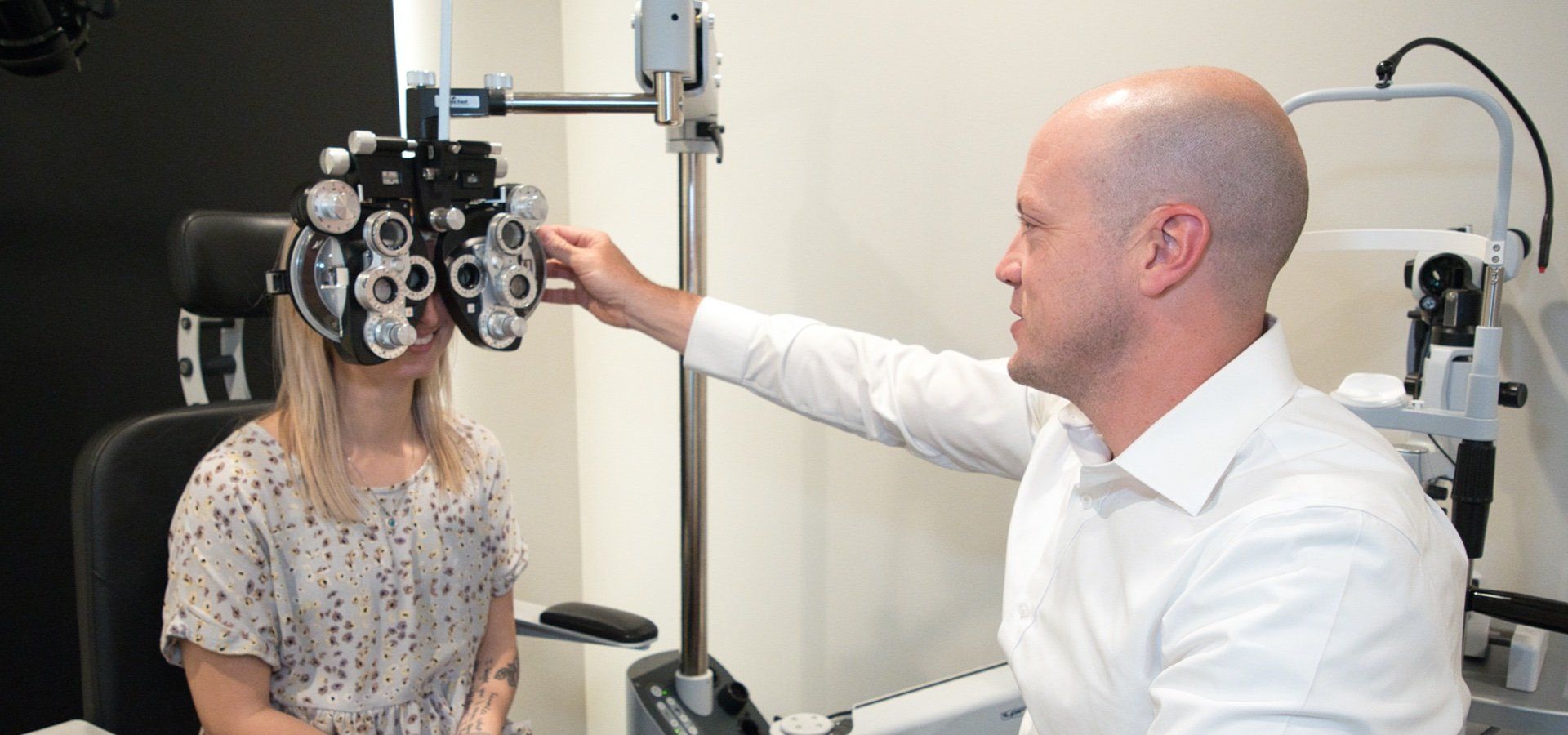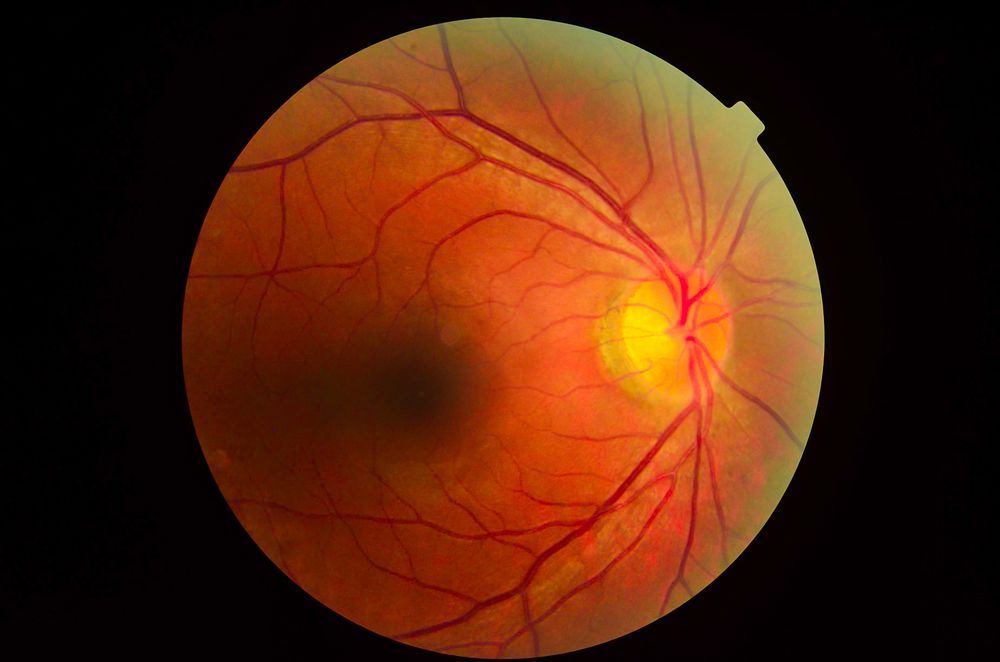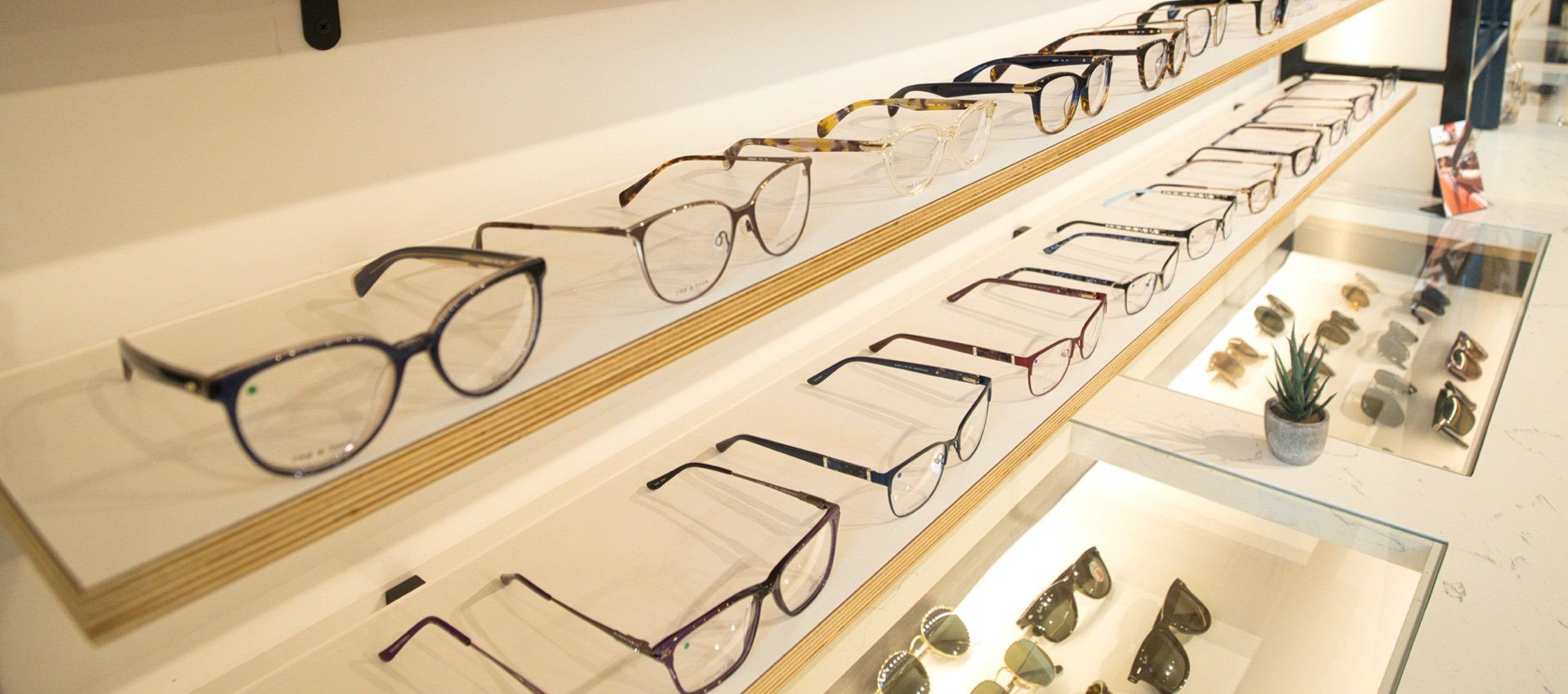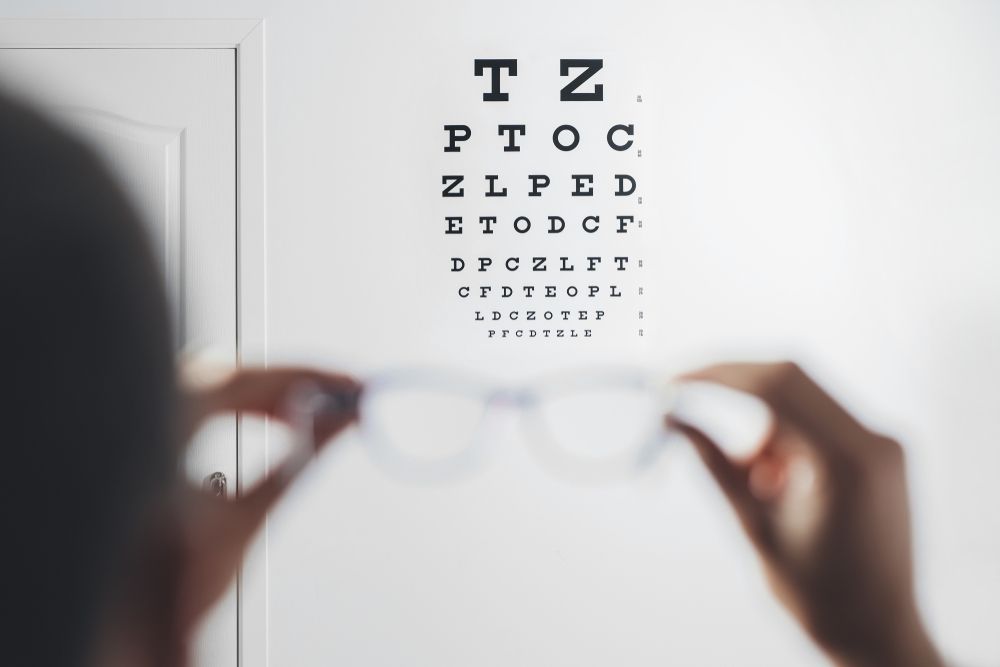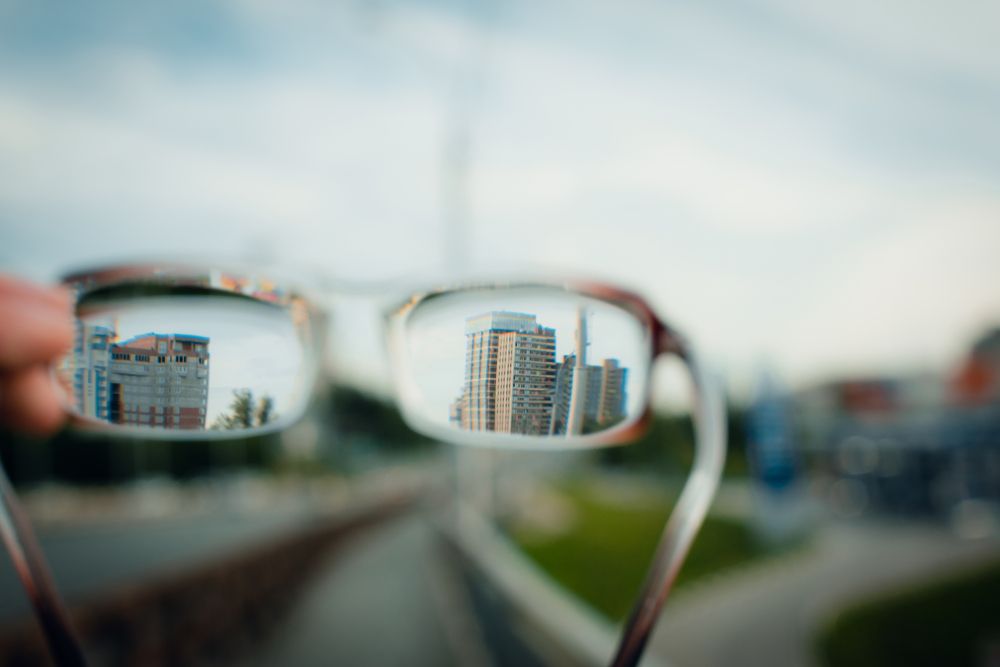When is eye dilation necessary?
Eye dilation is a common procedure in which the pupils are widened using special drops. The purpose of this procedure is to allow your optometrist to examine the inside of your eyes. Eye dilation is an essential tool for optometrists as it allows them to check for various eye conditions that are not always apparent during a regular eye exam.
Eye dilation is necessary when an optometrist needs to get a better view of the inside of the eye. Some of the reasons why an optometrist may recommend eye dilation include:
- Comprehensive Eye Exams: During a comprehensive eye exam, an optometrist will use a range of tests to evaluate your eye health. One of these tests involves dilating your pupils. This enables your optometrist to examine the retina and optic nerve more clearly, allowing them to identify any potential issues.
- Diagnosis of Eye Diseases: Eye dilation can help optometrists diagnose certain eye diseases, such as glaucoma, diabetic retinopathy, and age-related macular degeneration. These diseases often do not have any noticeable symptoms in their early stages, so it is crucial to get regular eye exams that include dilation.
- Follow-up Exams: If you have previously been diagnosed with an eye condition, your optometrist may recommend eye dilation to monitor its progression and ensure that it is being treated appropriately.
Is dilation always necessary?
Your optometrist may decide not to dilate your eyes if you do not have any of the risk factors for conditions that dilation can reveal. When deciding whether to dilate your eyes, some things your doctor will take into consideration are:
- Your age: eye diseases appear more frequently in older people. A dilated eye exam is recommended every two years for people over 60 years old.
- Your ethnic background: some ethnic backgrounds have a higher risk of some eye conditions. Black people and Hispanics, who have a greater risk of glaucoma, should have a dilated eye exam every one to two years after the age of 40.
- Your eye health: Having a history of eye diseases that affect the back of the eye may increase your risk of future eye problems.
- Your overall health history: if you any conditions, like diabetes, that make eye diseases more likely, you will need dilated eye exams more frequently.
- Your current symptoms: depending upon your current symptoms, a dilated eye exam may be necessary to rule out some conditions and diagnose others.
Eye dilation can be a crucial aspect of comprehensive eye exams. Ask your doctor at Blake Bush Family Eye Care if you need eye dilation during your next eye exam.
To schedule a comprehensive eye exam, use our online scheduler or call our office at (580)223-7333.

